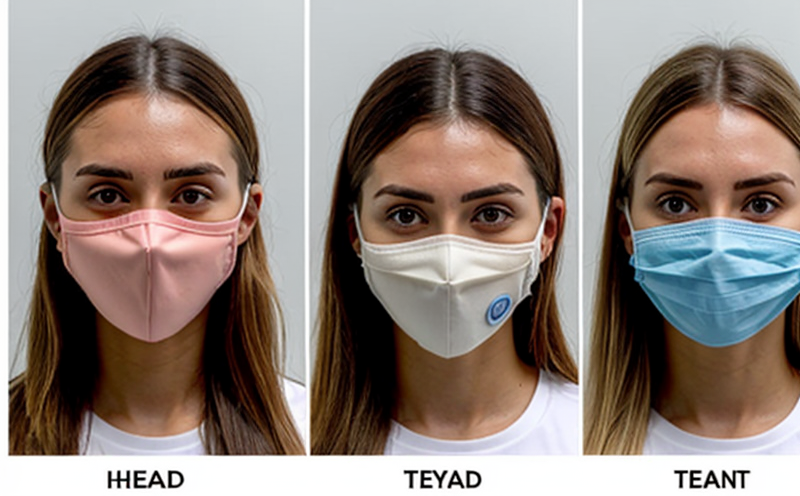NFPA 1977 Wildland Firefighter Helmet Testing
The NFPA 1977 Standard specifies performance, design, and testing requirements for wildland firefighter helmets. This standard ensures that helmets meet stringent safety criteria to protect firefighters in challenging environments. The tests focus on structural integrity, heat resistance, impact protection, and durability under harsh conditions.
The testing process involves a series of rigorous evaluations designed to simulate the hazards faced by wildland firefighters. These tests are conducted using standardized procedures and equipment to ensure consistent results across different manufacturers. Compliance with NFPA 1977 is mandatory for all helmets intended for use by wildland firefighters, ensuring that they meet the highest safety standards.
The testing begins with a detailed inspection of each helmet to ensure it meets basic specifications such as size range, color, and labeling requirements. Following this initial review, the helmets are subjected to various tests:
- Impact resistance: Helmets must withstand high-impact drops without compromising structural integrity.
- Thermal stability: The helmet's ability to resist heat and retain its shape is tested at elevated temperatures.
- Penetration resistance: A steel ball dropped from a specific height onto the helmet demonstrates the head protection provided by the shell.
The testing process also includes non-destructive evaluations such as visual inspection, dye penetrant testing for cracks and defects, and dimensional measurements to ensure the helmet fits properly. Compliance with these tests ensures that helmets meet the rigorous standards set forth in NFPA 1977.
Our laboratory is equipped with state-of-the-art facilities and experienced technicians who conduct these tests according to the latest standards. We provide comprehensive reports detailing each test's results, ensuring complete transparency for our clients.
Industry Applications
| Application | Description |
|---|---|
| Wildland Firefighting | Helmets are used by firefighters to protect against falling branches, flying embers, and other hazards in forested areas. |
| Training Simulations | Safety helmets can be used as part of training exercises to simulate real-world conditions faced by wildland firefighters. |
| Emergency Preparedness | Helmets are also critical for emergency response teams preparing for wildfires and other disasters. |
- Wildland firefighting: Helmets protect against falling branches, flying embers, and other hazards in forested areas.
- Training simulations: Safety helmets can be used as part of training exercises to simulate real-world conditions faced by wildland firefighters.
- Emergency preparedness: Helmets are also critical for emergency response teams preparing for wildfires and other disasters.
Customer Impact and Satisfaction
Our testing services have a significant impact on the quality of safety equipment used by wildland firefighters. By ensuring compliance with NFPA 1977, we contribute to reducing workplace injuries and fatalities associated with hazardous conditions. Our thorough testing process guarantees that helmets are reliable, durable, and provide essential protection.
Customer satisfaction is paramount for us. We offer prompt service, accurate results, and detailed reports to help our clients make informed decisions about their safety equipment. Our commitment to quality ensures that firefighters have the best possible tools to protect themselves in critical situations.
We regularly receive positive feedback from customers who appreciate our expertise and attention to detail. Many of them rely on our services for regulatory compliance and to enhance the performance of their products. We are proud to be part of ensuring the safety and well-being of those who put their lives on the line every day.
International Acceptance and Recognition
The NFPA 1977 standard is widely recognized and accepted internationally, with many countries adopting it as a benchmark for wildland firefighter helmet safety. The European Committee for Standardization (CEN) and the International Organization for Standardization (ISO) have referenced NFPA standards in their own documents, highlighting the global significance of this standard.
Our laboratory is accredited by recognized bodies such as ISO/IEC 17025:2017, ensuring that our testing meets international quality requirements. This accreditation guarantees that our tests are reliable and valid across different jurisdictions. We work closely with international clients to ensure their products meet global safety standards.
By adhering to NFPA 1977, we contribute to the worldwide effort to improve firefighter safety. Our services play a crucial role in ensuring that wildland firefighters have the best possible protection against hazards they encounter during their missions.





